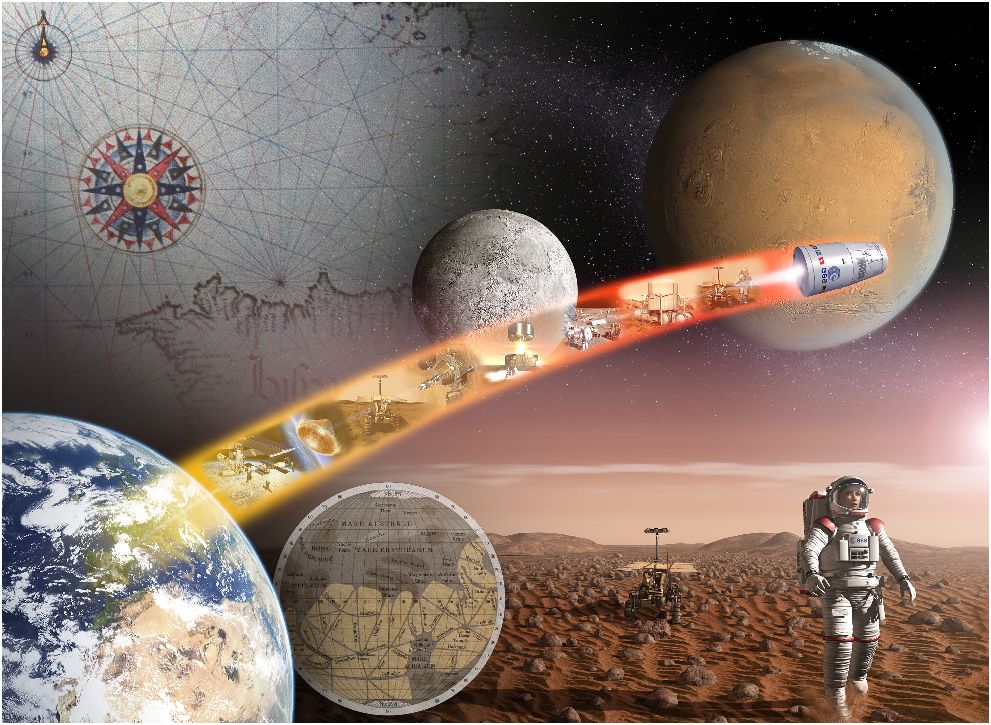Canadian Scientists Discover New Exoplanet With Potential for Life
Canadian scientists have made an exciting discovery that could provide insight into the origins of life. Using advanced technology, the team has discovered a new exoplanet orbiting a dwarf star in the habitable zone. The planet has the potential to host life-sustaining conditions, making this a significant discovery for the scientific community.
Canadian Scientists Discover New Exoplanet
The Canadian team led the exoplanet discovery, which was made possible with the use of advanced techniques such as the radial-velocity method. This method allowed the researchers to detect subtle gravitational wobbles caused by the planet’s orbit around the star. The discovery was made using data obtained from the Keck Observatory in Hawaii.
Exoplanet Found in Habitable Zone
The newly discovered exoplanet is located in the habitable zone, which is the area around a star where conditions are just right for liquid water to exist on a planet’s surface. This makes the planet a prime candidate for the possibility of supporting life.
Planet May Host Life-Sustaining Conditions
The exoplanet, named HD 164595 b, is believed to be a gas giant similar in size to Neptune. However, it is still possible that the planet could have moons that are rocky and potentially habitable. The planet’s atmosphere could also contain water vapor, which is a key ingredient for life as we know it.
Discovery Made Possible with Advanced Technology
The discovery of HD 164595 b was made possible with the use of advanced technology such as the radial-velocity method and the Keck Observatory. This technology allows scientists to detect exoplanets by measuring the gravitational wobbles caused by the planet’s orbit around the star.
New Exoplanet Orbiting Dwarf Star
The newly discovered exoplanet is orbiting a dwarf star located 40 light-years away from Earth in the constellation Hercules. The star is similar in size and temperature to our own sun, which makes it a promising candidate for the search for life in the universe.
Findings Could Provide Insight Into Origins of Life
The discovery of HD 164595 b could provide valuable insight into the origins of life in the universe. The planet’s location in the habitable zone and potential for life-sustaining conditions make it an important target for future studies and observations.
Canadian Team Leads Exoplanet Discovery
The Canadian scientists, led by University of Montreal astrophysicist René Doyon, were instrumental in the discovery of HD 164595 b. The team’s use of advanced technology and techniques has allowed them to make this significant contribution to the search for life beyond our solar system.
Scientific Community Excited About Potential for Life
The scientific community is excited about the potential for life on the newly discovered exoplanet. While more research and observations are needed to confirm the presence of life-sustaining conditions, the possibility of finding life beyond our solar system is a tantalizing prospect that could have profound implications for our understanding of the universe.
The discovery of HD 164595 b by Canadian scientists is a significant contribution to the search for life beyond our solar system. The planet’s location in the habitable zone and potential for life-sustaining conditions make it an important target for future studies and observations. The use of advanced technology and techniques has allowed the Canadian team to make this exciting discovery, which could provide valuable insight into the origins of life in the universe. The scientific community is eagerly awaiting further research and observations to confirm the potential for life on this newly discovered exoplanet.













